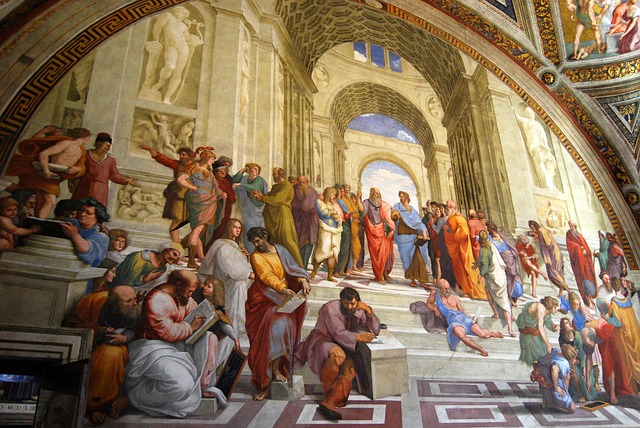Natural Law is the source of your rights. It does not depend on humankind, and it is universally valid. It cannot be voided or amended by kings, constitutions, or legislatures. It is the universe in harmony with reason.
It’s not a new idea. Plato, Aristotle, Cicero, Thomas Aquinas, Thomas Hobbes, John Locke, Immanuel Kant, Thomas Jefferson, and many others have taught it in one form or another.
So what is natural law? In a nutshell, it is this:
- You own your consciousness, and by extension, your body, and your labor. This is sometimes described as rights to life, liberty, and property.
- All humans having those same rights, it is unjust for anyone to violate the life, liberty, or property of another. This is known in libertarian circles as the Non-Aggression Principle, or NAP for short.
- Everyone has the right to defend life, liberty, and property from aggression.
Every right humans have is simply an extension of this law of nature.
Natural law is the baseline for moral behavior, but it is not the highest form of law. Higher, spiritual forms of law also exist, and are practiced by those who seek to overcome the physical cosmos and transcend to higher states of consciousness. Jesus summarized the higher law as love demonstrated through service to others.
Some have tried to claim that coercive government is a legitimate tool to secure their rights. Ironically, the very idea of coercive government is against natural law. One obvious example is that taxation is simply legalized extortion, and violates your right to your labor.
That being said, organization, cooperation, and persuasion are in perfect harmony with natural (and higher) law. It is perfectly right and good for people to organize around common goals, cooperate in endeavors of mutual interest, and peacefully persuade one another. Indeed, this is the very basis for civilized society.




